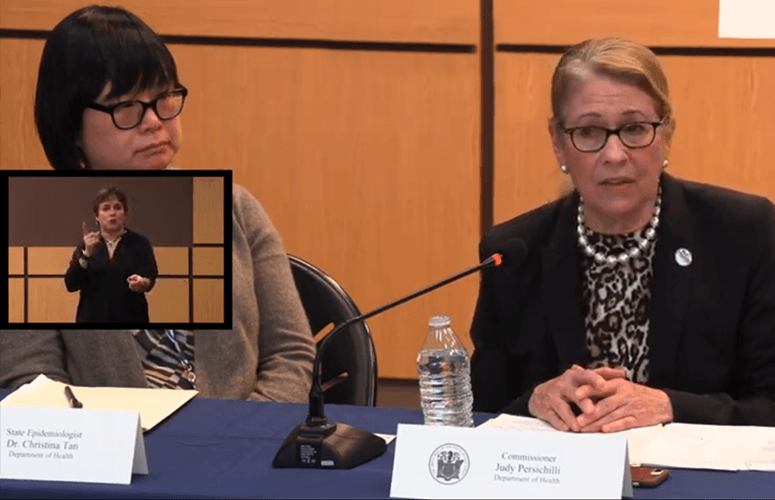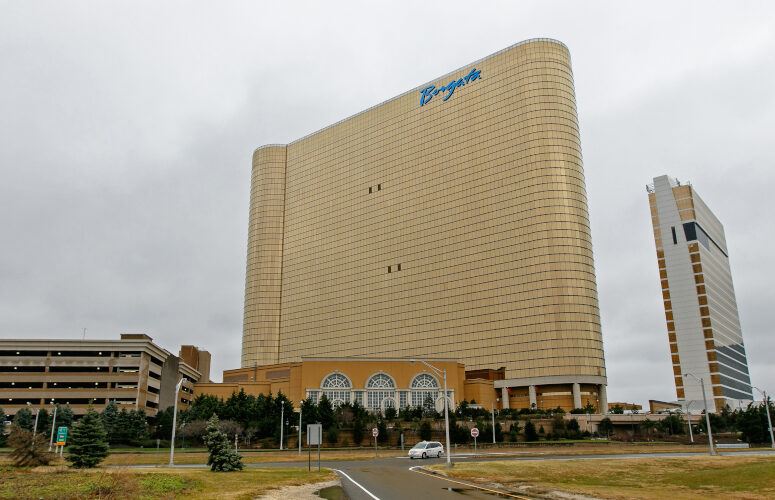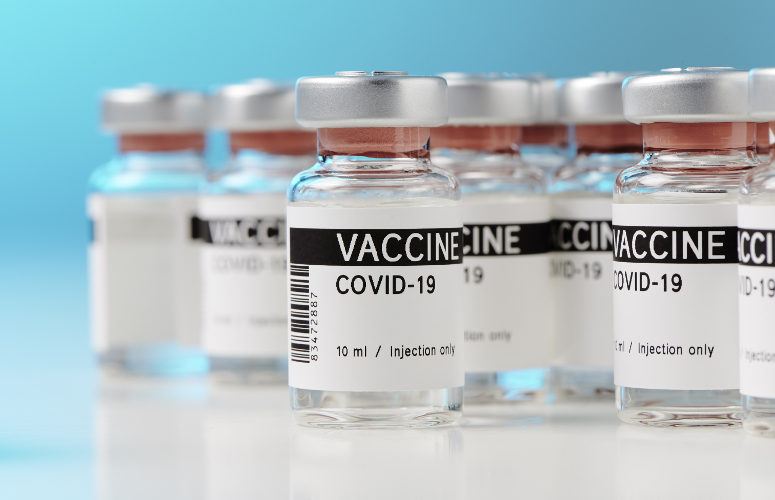
NJ Reports COVID-19 Case Spike as National Emergency Declared
By George N. Saliba and Jim Pytell On Mar 13, 2020Against the backdrop of President Trump declaring a national emergency, New Jersey state government leaders today announced a spike in presumptive positive COVID-19 cases, with 21 new cases in the past 24 hours, for a total of 50 cases statewide (an additional 80 people are under investigation and awaiting testing/test results).
With dwindling stockpiles of medical worker protective gear at New Jersey hospitals, Governor Murphy also announced today that via the United States Department of Health and Human Services, our state is expected to, next week, receive approximately 84,000 N95 protective respirators, 200,000 protective surgical face masks and 38,000 protective face shields.
In addition to yesterday’s announcement advising against mass gatherings, state leaders today outlined other measures to combat the novel coronavirus including, but not limited to:
- Providing two-month extensions for those whose state motor vehicle paperwork would have otherwise expired March 31, April 30 or May 31 (this aims to reduce crowds at New Jersey Division of Motor Vehicles locations), and a plea to the federal government for deadline extension for REAL ID.;
- Applying to the United States Department of Transportation for the necessary waiver to allow the state’s trucking industry the “flexibility it needs to keep supplies rolling to market.” Gov. Murphy added, “We know that cleaning supplies, water, groceries and many other essentials including baby formula need immediate re-stock both here in New Jersey and throughout our region.” He also said that many warehouses are located in New Jersey, “and we must do all that we can to ensure an uninterrupted supply chain.”;
- Applying to the federal government for a waiver to allow extra food stamp benefits so financially vulnerable New Jerseyans can stockpile food. Also, working to receive federal waivers to ensure that school children retain access “to a healthy lunch.”;
- Suspending electrical power shutoff orders for homes that would have otherwise lost electricity due to nonpayment via the New Jersey Board of Public Utilities
Gov. Murphy said overall, “We must be aggressive in mitigating the potential for exposure and further spread, and social distancing represents our best chance to flatten the curve to slow the spread, and allow our public health workers the ability to stay focused and ahead of the curve, as well.”
He added that the state is now actively working with school districts on extended closure plans to prepare for the “inevitability that every district will be closed for a prolonged period of time.” In effect, he said that since many students rely on school meals and are otherwise vulnerable, caution must be exercised. He likewise urged that people telephone their elderly neighbors to ensure they have necessary supplies during the coronavirus pandemic.
New Jersey Department of Health Commissioner Judith Persichilli meanwhile underscored that long-term care facilities have restricted all visitors except in cases of hospice care and/or end-of-life situations.
She moreover stated that mitigation strategies such as social distancing, isolation and quarantine, in addition to the aforementioned school closings and workplace closures (“up to the individual business”), can all play a role.
State leaders also reiterated essential advice including: washing one’s hands with soap and water for at least 20 seconds; keeping six feet away from others; coughing or sneezing into one’s sleeves (as opposed to into the air); if using a hand sanitizer, ensuring that it has at least 60 percent alcohol; and staying home from school or work if one feels ill.
At the federal level, in an effort to help ease the distribution of federal funds to help state and local governments during the outbreak, President Donald Trump declared the aforementioned national emergency, opening up access to up to $50 billion in disaster relief funds.
“I am urging every state to set up emergency operation centers effective immediately,” President Trump said. “I am also asking every hospital in this country to activate its emergency preparedness plan.”
The emergency orders will also grant new authority to the United States Secretary of Health and Human Services, allowing him to waive provisions of applicable laws and regulations to give doctors, hospitals and healthcare facilities maximum flexibility to respond to the virus and care for patients.
President Trump also announced that a partnership with the private sector will vastly increase and accelerate the country’s ability to test for COVID-19.
“We want to make sure that those who need a test can get a test, quickly safely and conveniently,” President Trump said. “… No resource will be spared.”
To access more business news, visit NJB News Now.
Related Articles:





